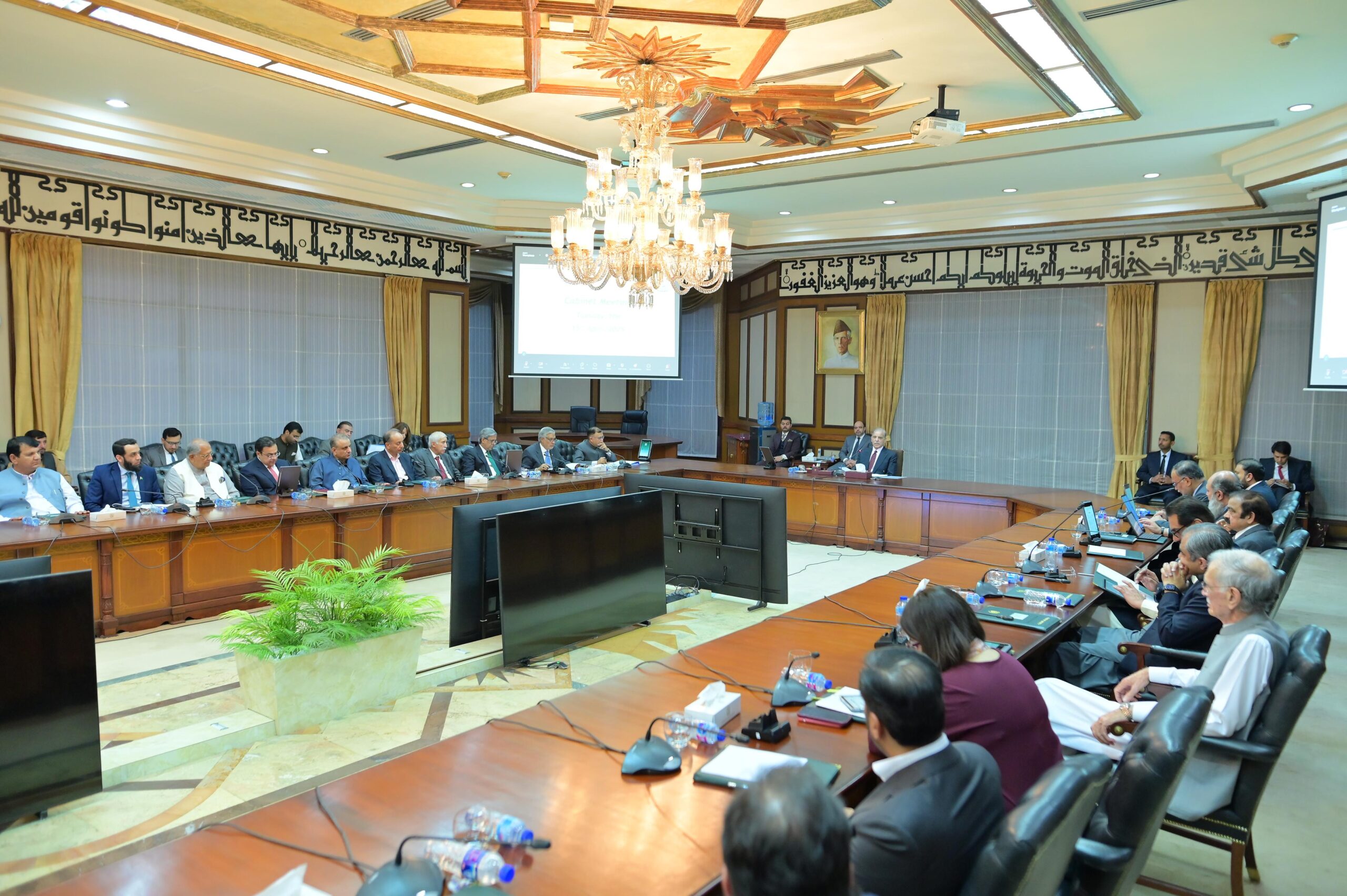Islamabad, April 15: Prime Minister Muhammad Shehbaz Sharif presided over a crucial Federal Cabinet meeting at the Prime Minister’s Office on Tuesday, during which the government decided to keep petrol prices unchanged. This has been declared despite a decline in international oil prices. Furthermore, the Federal Cabinet has approved an amendment, which is expected to raise the petroleum levy, increasing government revenue while maintaining pump price stability—for now.
Rather than passing on the benefit as a price reduction at the pump, the Prime Minister announced that the savings would be reinvested into high-impact infrastructure projects in Balochistan. This signals a shift toward long-term national development over short-term relief.
Petrol Prices Remain Stable Amid Falling Global Rates
In a move aimed at balancing fiscal responsibility and national development, the Cabinet agreed not to reduce local petrol prices, even as global petroleum rates declined.
This decision, according to PM Shehbaz, is part of a strategic development approach to redirect resources where they are needed most.
Dualization of N-25 Highway and Kachhi Canal Phase II Announced
The Prime Minister revealed that the funds saved from petroleum pricing would be used to dualize the N-25 Highway, a vital trade and travel corridor. N-25 connects Chaman, Quetta, Kalat, Khuzdar, and Karachi. He emphasized that the road will be restored to motorway standards for safe and efficient travel.
Additionally, savings will also help complete Phase II of the Kachhi Canal. This project will irrigate thousands of acres of land in Balochistan and boost agricultural productivity in the region.
Balochistan Chief Minister Sarfraz Bugti, attending the meeting, expressed deep appreciation for the federal government’s commitment to regional development.
Other Key Cabinet Approvals
Petroleum Levy Amendment
The Cabinet approved an amendment to the Petroleum Levy Ordinance, 1961, which is expected to increase national revenue.
This effectively signals a likely increase in the petroleum levy, even though consumer fuel prices have been kept stable for now.
The government aims to strengthen fiscal space through structural adjustments while redirecting visible relief into long-term development.
Green Sukuk Framework
Approval was granted for the Sustainable Investment Sukuk Framework, enabling the issuance of green sukuk bonds to support renewable energy, climate resilience, and sustainable development projects.
National Food Authority Bill
The Cabinet hence approved a bill to establish the National Agri Trade and Food Safety Authority, which will be forwarded to Parliament. The authority aims to enhance food safety standards and streamline agri-trade across Pakistan.
Read more: Cabinet Reinstates 25% Income Tax Rebate for Teachers
Strategic Governance Over Populism
By choosing not to reduce petrol prices, the federal government has signaled a long-term development mindset. With critical investments in Balochistan’s infrastructure and water management, the focus is clearly on economic upliftment, sustainability, and regional equity.









